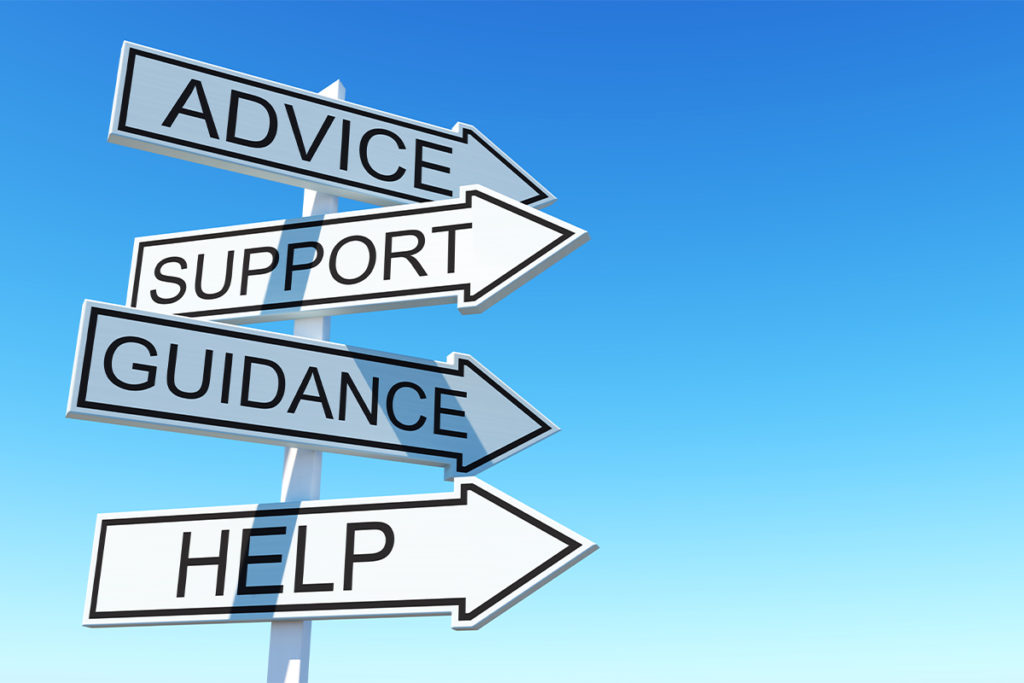
Insuring Your Assets – Some Key Points to Consider
August 16, 2022
Financial Advisers, Planners and Counsellors – What’s the Difference?
October 14, 2022I must make a heavy dinner;
Heavily dine and heavily sup,
Of indigestible things fill up,
Next month they run the Melbourne Cup,
And I have to dream the winner.
A Dream of the Melbourne Cup (1886), A.B. ‘Banjo’ Paterson
When the dream becomes a nightmare: Where do you get help when gambling becomes a problem?
Spring has sprung and with it the Spring Racing Carnival is kicking (or hoofing) off across the country. Millions of people will enjoy these events, the excitement of the big and smaller races, the fashions on the field and in most places the improving weather. Many people who never normally indulge in gambling will be placing small harmless bets on the races, and not a few will be placing very large bets indeed. Dreaming of backing the winner.
At this time of the year it is easy to get swept along by the glitz, glamour and gloss of the Carnival, the racing after all seems synonymous with the Australian identity and is widely seen as an important part of our cultural heritage. We can forget that gambling is a big business all year round. And that its success is not without costs for gamblers and potentially a human toll for them, their families and the community if their gambling goes from being a pastime to a problem.
A big business
Australians, it is fair to say, love to punt. According to the recent Gambling in Australia report by the Australian Gambling Research Centre, collectively we lost around $25 billion across all forms of legal gambling in the 2018-19 financial year. Perhaps unsurprisingly, betting on sports has been growing particularly fast. Apparently Australians lose more on gambling per capita than anyone else on the planet. The very nature of gambling – as opposed to speculation or investment – is that over time due to the odds of the game the gambler must reasonably expect to lose more than they win. So it follows logically that the more we gamble, the more money we will likely lose doing it.
When does gambling become a problem?
Sadly, with so much gambling going on, it is perhaps inevitable that for some people gambling becomes a problem. The Australian Ministerial Council on Gambling has defined problem gambling as a person having ‘difficult[y] … limiting money and/or time spent on gambling which leads to adverse consequences for the gambler, others, or for the community’.
The Problem Gambling Severity Index (PGSI) is an accepted way to measure harm from gambling. The index uses nine questions to assess whether a person’s gambling is problematic:
- Have you bet more than you could really afford to lose?
- Have you needed to gamble with larger amounts of money to get the same feeling of excitement?
- Have you gone back on another day to try to win back the money you lost?
- Have you borrowed money or sold anything to gamble?
- Have you felt that you might have a problem with gambling?
- Have people criticised your betting or told you that you had a gambling problem, whether or not you thought it was true?
- Have you felt guilty about the way you gamble or what happens when you gamble?
- Has gambling caused you any health problems, including stress or anxiety?
- Has your gambling caused any financial problems for you or your household?
Responses range from never (responses scoring 0), sometimes (1), most of the time (2) and always (3). If a person scores a cumulative total of 8 or above on the index they may be categorised as a ‘problem gambler’.
Where can we seek help?
If you or someone you care about is, or is at risk of, suffering harm due to gambling, help is available. Free, professional and confidential counselling, information and support are available 24 hours a day, 7 days a week from the National Gambling Helpline on 1800 858 858. There are an extensive range of information and resources, including email and chat counselling services available at gambling help online. The site also provides access to face to face counselling. These services are funded by State and Territory Governments and the Australian Government. You will also find information on gambling, mental health, counselling and a range of other services on the health and wellbeing section of the publicly available Defence website.








